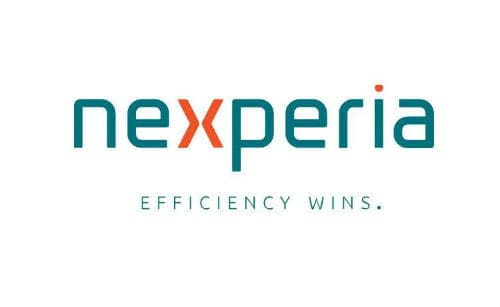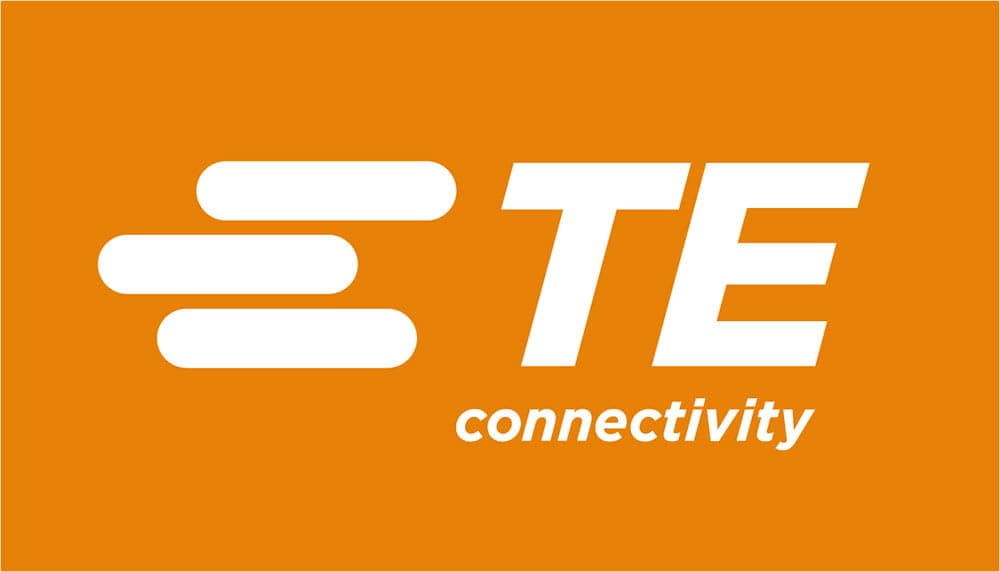Arrow Electronics, a global technology solutions provider, is at the forefront of supporting engineers with the next generation of electric vehicle (EV) chargers and the corresponding software ecosystem that supports them. With a deep understanding of the EV market and expertise in various technologies, Arrow Electronics can effectively contribute to the development of electric vehicle chargers and the smart charging applications, charging management software (CMS), and cloud-based charging management platforms associated with them.
Electric vehicle charger categories
Arrow Electronics offers design support and expertise in the three electric vehicle charger categories:
- On-board charger (OBC): Resides within the vehicle and converts the incoming AC power into DC power that is used to charge the batteries
- AC chargers: Also referred to level 1 or level 2 chargers, these chargers connect the AC power from the electrical grid to the electric vehicle and then the OBC converts this power to DC that charges the batteries
- DC chargers: Also known as level 3 chargers, are connected to the electrical grid and convert the power from AC to DC to directly charge the batteries, bypassing the OBC
Since on-board chargers reside within the vehicle, the efficiency, weight, and size are highly important, especially when power ratings can be up to 22-kW. New technologies, such as Silicon Carbide (SiC) and Gallium Nitride (GaN) transistors are being used to achieve these stringent design targets.
With the on-board chargers reaching power levels up to 22 kW, the AC chargers will need to deliver up to that same amount of power. Level 1 chargers will peak at 2.3 kW, while level 2 chargers will reach that 22-kW requirement. The key component within these AC chargers is the electric vehicle supply equipment, EVSE control module. This provides monitoring and safety protection for the AC charger and on-board charger. A level 1 will have the EVSE in line with the cord while a level 2 will have this built into the dedicated wall box.
DC chargers offer very fast charging speeds, reaching power levels of 350 kW and even higher. These high-power ratings and the possible exposure to harsh environments lead system designers to also consider SiC MOSFETs to perform the AC to DC power conversion. In addition, careful consideration must be given to all components including the magnetics, capacitors, connectors, sensors, communications, and control.
Designing an efficient charging management software
An effective charging management software (CMS) provides a comprehensive suite of tools for managing, monitoring, and analyzing charging infrastructure; allowing operators to remotely control and monitor multiple chargers, perform diagnostics, collect usage data, and analyze charging patterns. With the CMS, operators can efficiently manage the entire charging network, ensuring optimal performance, reliability, and cost-effectiveness.
EV charger engineer support
Arrow's expertise in designing next-generation EV chargers and the corresponding software ecosystem can accelerate the EV charging adoption. By focusing on efficiency, user experience, and connectivity, Arrow Electronics is poised to help you deliver innovative solutions that meet the growing demand for sustainable transportation.
EV Charging Articles & Videos
Skyworks leads the way with isolation solutions for EV fast chargers
The growth in the electric vehicle (EV) market is being matched by the in-kind growth of the EV charging market. In order for EVs to be more fully accepted, though, charging must be made faster, and this usually happens through the use of higher levels of power.
-
STMicroelectronics
-
EV CHARGING
-
Battery Management Systems
-
DC to DC Converter and Switching Regulator Module
The challenges and opportunities for powering electric vehicles
This article explores the building blocks of EV charging hardware, and how new solutions from STMicro can help with the next generation of innovation.
EV Charging Webinars

Available On-Demand
REGISTER NOW

Available On-Demand
REGISTER NOW
EV CHARGING RELATED VIDEOS
| |
|
|
EV Charging Reference Designs
Application Category:
Wireless Modules

VIEW DESIGN
Application Category:
Battery Management Systems

VIEW DESIGN
Application Category:
Development Kits and Tools

VIEW DESIGN
Application Category:
Power Drivers

VIEW DESIGN






























